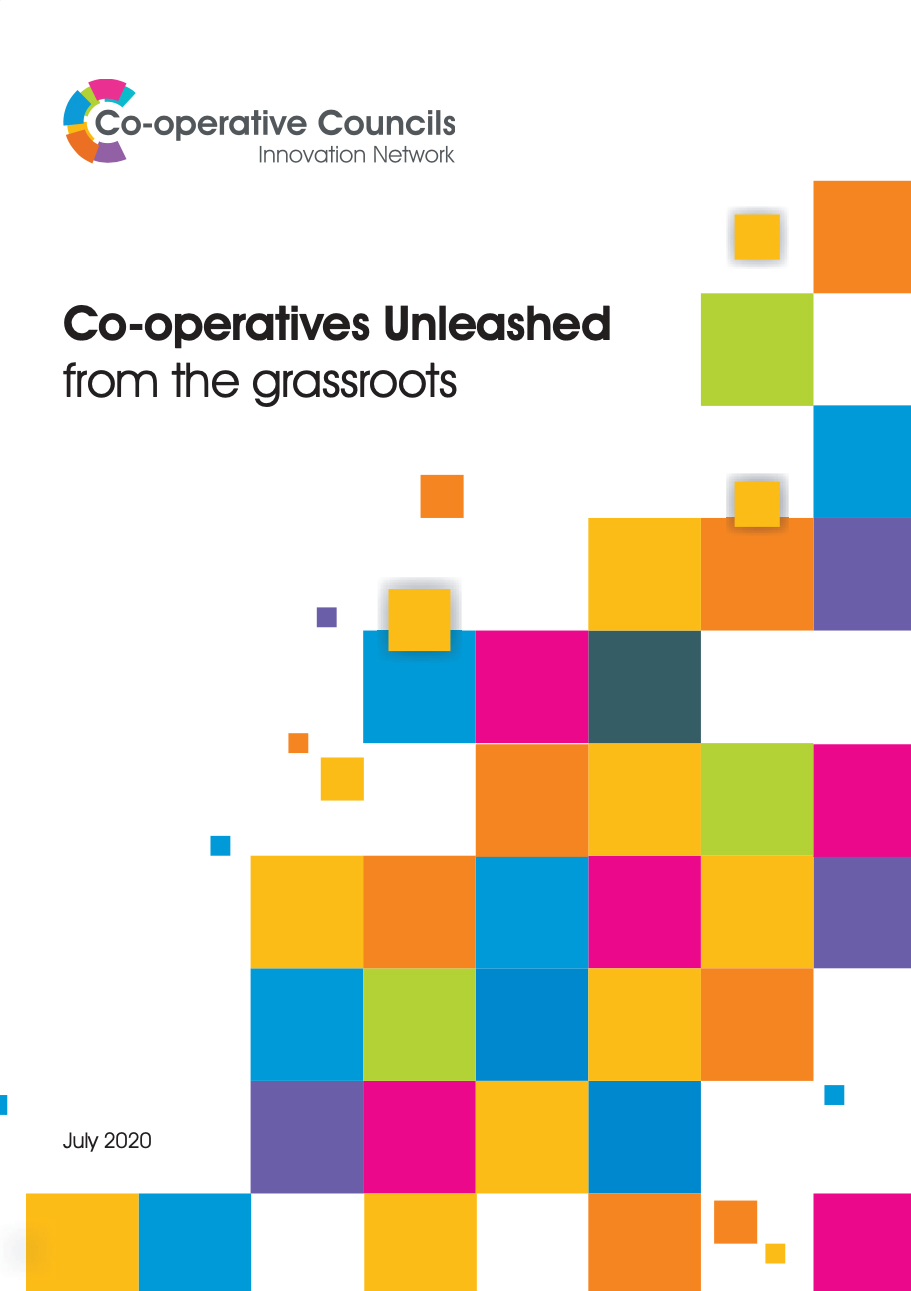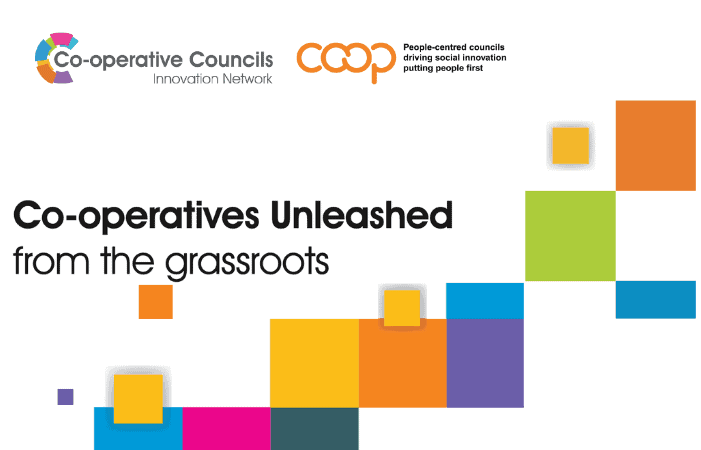- Lead Member Plymouth City Council
- Participating Members Glasgow City Council, Oldham Council, Plymouth City Council, Preston City Council, Rochdale Metropolitan Borough Council, Sunderland City Council
- Year 2020
- Status Policy Labs
-
Report
Bid
Principles met
-
Community leadership and a new role for councillors
We will explore ways for councils to act as a platform for helping the community to contribute to local outcomes, and to re-think the role of councillors as community connectors, brokers and leaders.
-
Democratic engagement
We will support the active engagement of the full range of residents in decision making and priority setting.
-
Enterprise and social economy
We will promote community-based approaches to economic development that focus on supporting the creation of jobs, social enterprises and other businesses and providing an environment for co-operative and mutual enterprises to thrive.
-
Innovation
We will embrace innovation in how we work with local communities to drive positive change.
-
Maximising social value
We will support the development of a framework and criteria for social value, giving substance to the concept and supporting Councils with the tools to ensure better local social and economic outcomes.
-
Social partnership
We will strengthen the co-operative partnership between citizens, communities, enterprises and Councils, based on a shared sense of responsibility for wellbeing and mutual benefit.
-
Walking the talk
As a membership organisation, we will make this statement of our principles operational by:
• Co-operation among members: Our members work together to help each other implement our values, sharing experiences and learning.
• Openness of membership: Full, Associate and Affiliate Membership is open to any qualifying Council, organisation or individual who shares our values and is committed to putting them into action.
• Co-production of the Network’s work: Members help shape the Network’s work programme and the content of events and written products.
• Action-focused: The network is a vehicle for helping councils translate co-operative values and principles into policy and practice.
•Membership-based: The network is majority funded by modest membership subscriptions from its member Councils, Associates and Affiliates.
•Non-party-political: Members share the belief that working co-operatively within and across communities holds the key to tackling today’s challenges.
About the project
Around the country, local councils are now preparing detailed plans for recovering from the impact of COVID-19. One of the important areas that they are considering is how to restart the local economy and minimise the effect of the recession on their local communities.
This report sets out practical ways for councils to encourage and enable the start-up and growth of businesses that adhere to Co-operative Values and Principles which enable any business to be fairer, more democratic and accountable to their members and their communities. Councils have a key role to play in supporting co-operatives, especially when it comes to giving local communities ownership over local assets and services.
The report is designed to inspire ambition and tenacity – with the people, policy, funders, projects, business ideas and training – to put wealth directly into communities. Now is an ideal time to build on the momentum of community empowerment:
- Calling on government, enterprise agencies LEPs to remove information market failures by requiring business support providers to have the knowledge and partnerships to promote, inform and deliver co-operative business solutions.
- Calling on the government to expand the enabling environment for councils working with communities and groups by addressing market failures to invest in neighbourhoods that are high in the indices of multiple deprivations. Incentivising investment in deprived neighbourhoods should be through mechanisms that apply to every deprived neighbourhood. We have suggested a State Aid exemption.
- Calling on Council Leaders and Senior Managers to promote co-operative business solutions internally in their council and insist that this option is understood, named in strategies, and supported with investment, partnerships and training to ensure delivery.
- Calling on influencers, investors and funders to create an open, dynamic conversation with Councils about opportunities for co-operative solutions in community economic development
The report makes several recommendations for local authorities to follow, including:
- Explore the development of a state aid exemption
- Championing co-operative principles as tools rather than mandate
- Recognise the concept of a co-operatively run business
- Publish a corporate commitment to support the growth of the co-operative sector
- State a preference for companies that are initiated by the council to be co-operatives
- Skills for cross-sector working
- Implement a co-operative awareness training programme
- Implement a council Co-operative Ambassador Programme
- Ensure that quality business advice is available locally from generic and specialist advisor
This report, ‘Co-operatives Unleashed: from the Grassroots’ was funded through CCIN’s Policy Lab programme.
Coops Unleashed: from the Grassroots - Launch Event
Contact
Anna Peachey
Economy, Partnerships and Regeneration Manager
Plymouth City Council

